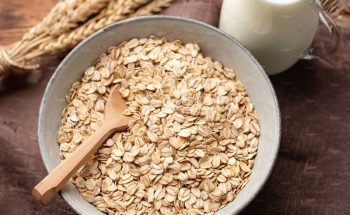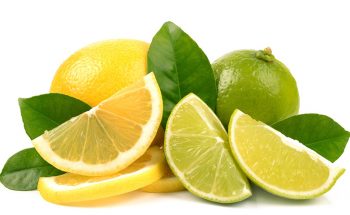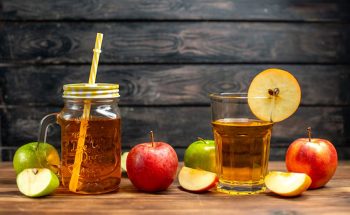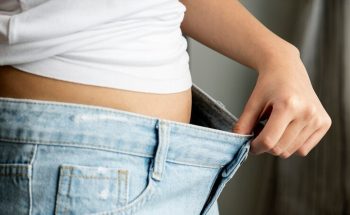Do you often experience anxiety following a long night out? As you recover from overindulgence, alcohol may have an effect on your mental health that some refer to as “anxiety.” You can take action to lessen your feelings of fear, panic, and dread if you frequently experience the symptoms of hangover anxiety.
What Leads to Hangovers and Anxiety?
While experts are unsure of the cause of some people’s anxiety the morning after drinking, some think that using alcohol as a social lubricant may be a factor.
To put it another way, if you typically experience anxiety at parties until you’ve had a few drinks, the anxiety may return once the alcohol’s effects have worn off. Additionally, physical hangover symptoms can make anxiety worse.
As the alcohol leaves your body, anxiety might also develop as a side effect of the withdrawal process. You might experience jitteriness, anxiety, or restlessness for several hours after drinking. Alcohol promotes the body’s endorphin release, which results in feelings of happiness and euphoria. A depressed mood could develop as the endorphins disappear.
How to Reduce Post-Drinking Anxiety?
Keep these techniques close at hand for those times when you need to know how to quickly reduce anxiety.


Morning Mindfulness Meditation
The next morning, spend a few minutes practising mindfulness meditation to help reduce your anxiety. While you can meditate anywhere, it works best in a serene setting where you can sit or lie comfortably. Just pay attention to your breathing or keep saying a soothing word or phrase. Any additional thoughts that come to mind at this time, try to gently push them aside.
Eat, Drink, and Take a shower
Making a good morning routine can assist in reducing some of those unsettling anxiety-related feelings. Reach for a sports drink to replace your body’s lost electrolytes rather than giving in to the urge to eat a greasy breakfast or even try the “hair of the dog” as a home remedy. Additionally, dehydration can make you anxious.
Eat a small, light meal to prevent indigestion, heartburn, and nausea from getting worse. In this case, the BRAT diet (bananas, rice, applesauce, toast) is frequently advised by doctors, although any bland and easily digestible food will suffice. Selecting complex carbohydrates, such as whole grains, fruits, and vegetables, helps to regulate blood sugar, which lessens the effects of hangovers.
You can get energy by eating these items without using coffee. Because caffeine will make you jittery, it may make your hangover-related agitation and anxiety worse.
Place the Night in Its Proper Context
After drinking, we frequently experience anxiety because we are afraid of what we could have said or done the previous night. Keep in mind that the majority of these hazy recollections just reflect a brief period of time and won’t have an ongoing effect on your relationships, employment, or friends.
Get some sleep.
After a night of drinking, resting might aid in the recovery of your body and mind. If you can, reschedule your day so that you can get more sleep if you wake up feeling stressed. Even while carrying out your daily plans can seem like the wisest course of action, doing so occasionally increases the tension associated with a hangover. This is particularly true if you have a job or other obligations to attend to.
Additionally, Harvard Health notes that since alcohol hinders your body from receiving quality sleep, hangovers may result from lack of sleep.
Go For A Walk Outside
Feel-good endorphins are released during exercise, and they can assist to reduce anxiety and improve mood. It also makes you feel more attentive, which enables you to get beyond your worry and settle down. This step might be as easy as taking a stroll around your neighbourhood because research has long linked exposure to fresh air with an enhanced mental state.
Even light exercise gets the circulation pumping, which is another step in clearing the body of toxins that cause hangovers. Don’t attempt to work off the booze by taking your hardest spin class. This tactic worsens dehydration, which exacerbates the effects of a night of drinking already present in your body.
Cleanses and Aspirin
Aches and pains may be effectively treated with aspirin and other anti-inflammatories like ibuprofen and naproxen.
In order to treat headaches and muscular pains, these medications may lessen the inflammation that alcohol creates in the body.
When hungover, people should take anti-inflammatories with care since the drug might aggravate the stomach lining even more. Stomach ulcers might develop as a result of prolonged usage of certain medications. For this reason, several medical professionals advise avoiding taking ibuprofen on an empty stomach.
For further hangover relief the next day, flush out any lingering toxins and alcohol with one of Detoxify’s herbal cleanses. These items start your body’s natural detoxification processes and hydrate you faster than just drinking water.





